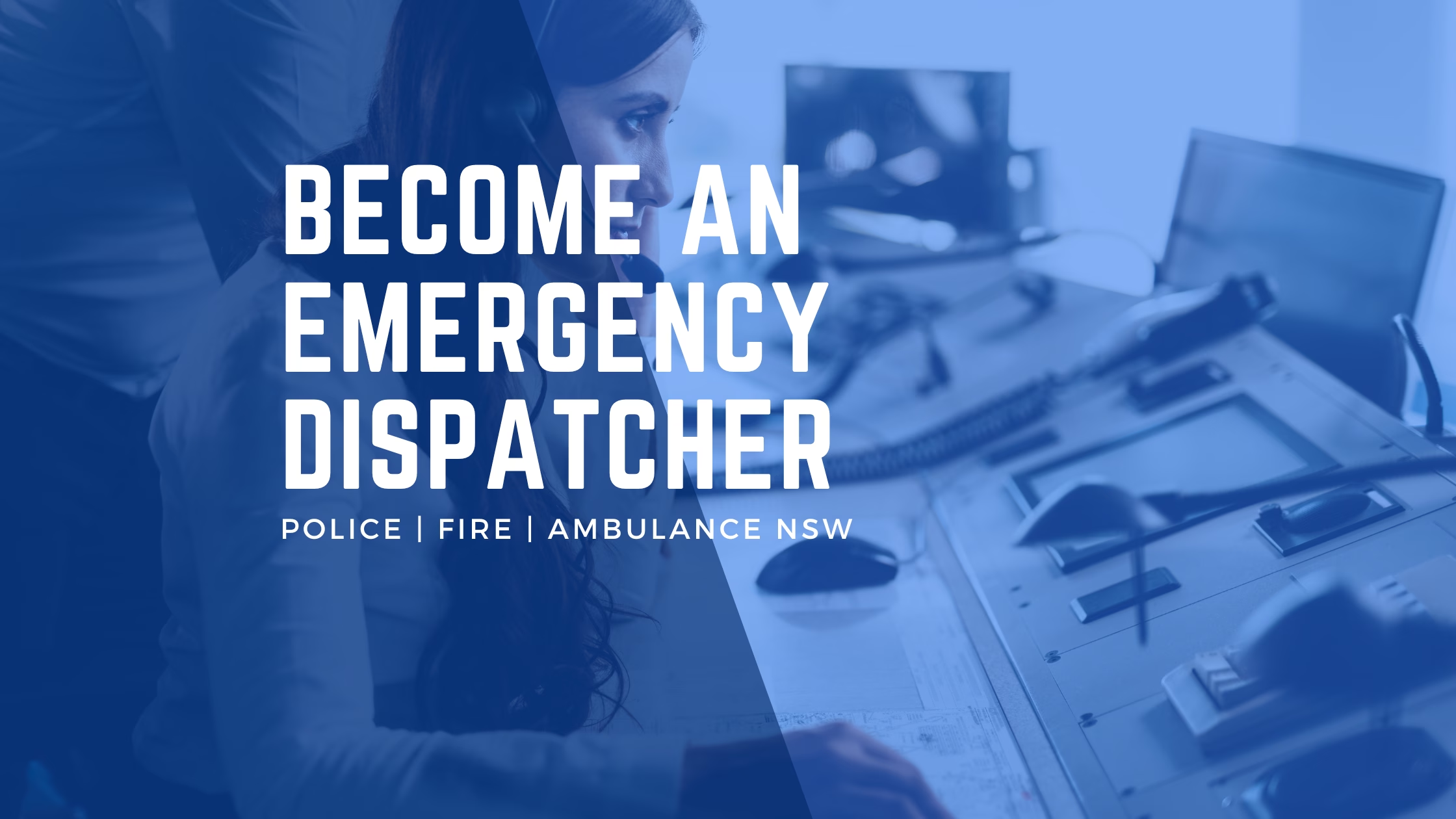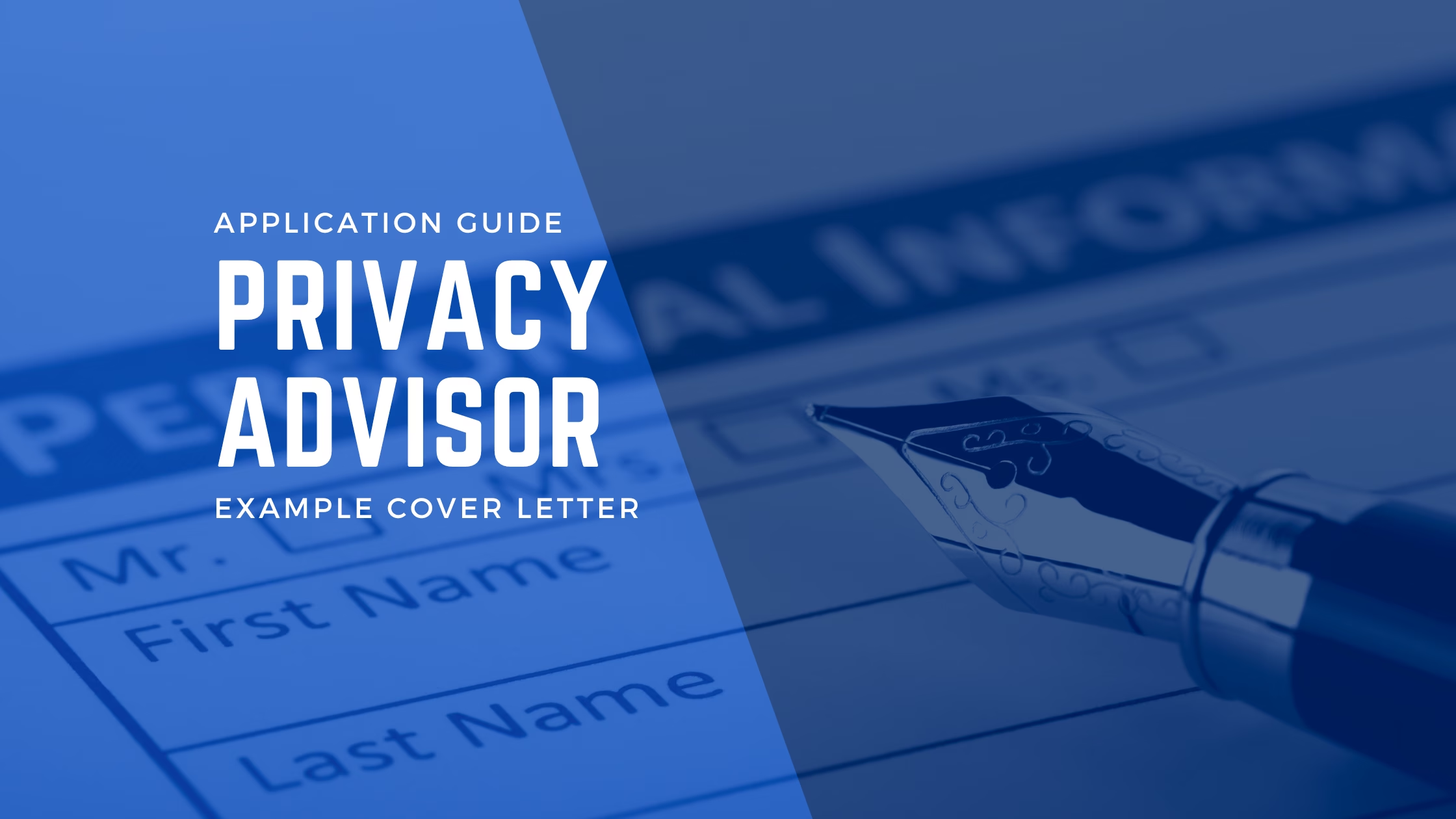Exciting Opportunities in Emergency Dispatch Roles Across NSW
Now is a unique opportunity for individuals across New South Wales aspiring to enter emergency dispatch roles. The three major NSW agencies—the NSW Police Force, NSW Rural Fire Service (RFS), and NSW Ambulance—are actively recruiting Communications Officers to enhance their teams.
In these vital positions, you will be responsible for answering and managing 000 emergency calls, coordinating swift responses to critical incidents, and supporting first responders in real-time. Whether you’re passionate about public safety, eager to support first responders in critical situations, or looking to make a meaningful impact within your community, these roles offer fulfilling and rewarding career paths.
Below is a summary of the available Communications Officer roles within the NSW Police Force, NSW Rural Fire Service, and NSW Ambulance, highlighting their key differences. For comprehensive application guides, including step-by-step instructions on how to apply, example cover letters, and strategies for responding to target questions, please refer to the detailed resources provided by each NSW agency.
Recently Advertised 000 Operator Roles in NSW
| Role Title | Agency | Wage | Closing Date |
|---|---|---|---|
| Operational Communications Officer | NSW Rural Fire Service | $73,522 – $79,931 per annum | 19 December 2024 |
| Senior Operational Communications Officer | NSW Rural Fire Service | $82,193 – $90,001 per annum | 19 December 2024 |
| Communications Officer | NSW Police Force | $61,508 – $75,992 per annum | 5 January 2025 |
| Emergency Medical Dispatcher | NSW Ambulance | $83,547.98 – $85,151.30 per annum | 19 January 2025 |
Similarities Across 000 Operator Roles
Despite the differences in agencies and specific responsibilities, these Communications Officer positions share several key similarities:
- Shift Work: All roles involve rostered shift work, including nights, weekends, and public holidays. This ensures 24/7 coverage and requires candidates to be flexible with their schedules.
- Time Off Between Shifts: Working 12-hour shifts allows for substantial time off between work periods, supporting a healthy work-life balance.
- Penalty Rates: In addition to the base pay listed, penalty rates apply for overtime, weekends, and public holidays, providing additional compensation for extra work.
- Communication Skills: Exceptional verbal and written communication skills are essential. Officers must handle high-pressure situations, provide clear instructions, and maintain effective communication with first responders and the public.
- Typing Proficiency: A minimum typing speed is required across all positions. For instance, the NSW Rural Fire Service expects Operational Communications Officers to type at least 35 words per minute with 92% accuracy, while the NSW Ambulance requires Emergency Medical Dispatchers to achieve 30 words per minute with 98% accuracy.
- Calm Under Pressure: The ability to remain composed and make swift decisions during emergencies is crucial. Officers must efficiently manage multiple tasks and prioritize effectively in high-stress environments.
- Technical Competence: Familiarity with computer systems and emergency dispatch software is necessary. Officers must accurately record and process information, ensuring timely and appropriate responses to incidents.
- Eligibility Requirements: All roles require applicants to meet specific eligibility criteria, such as Australian citizenship or permanent residency, successful completion of background checks, and holding a valid driver’s license where applicable.
- Training Programs: Comprehensive training is provided for all positions, equipping officers with the necessary skills and knowledge to perform their duties effectively. For example, NSW Police Force Communications Officers undergo a fifteen-week paid training program.
- Career Development: Opportunities for advancement and professional growth are available within each agency. Starting in an entry-level position can lead to more senior roles with increased responsibilities and higher remuneration.
- Superannuation Contributions: All roles include superannuation contributions to support your financial future.
- Leave Entitlements: Generous leave entitlements, including annual leave, ensure you have the time needed for rest and personal matters.
- Uniform Provisions: Uniforms are provided to maintain a professional appearance from day one.
- Access to Support Programs: Access to programs such as the Member Assistance Program (MAP) and Fitness Passport enhances your overall well-being.
- Salary Packaging Options: Opportunities for salary packaging help maximise your earnings.
How to apply for emergency dispatch roles in NSW
Joining one of these Communications Officer teams offers a chance to play a pivotal role in public safety and emergency response. Whether you choose to support the NSW Rural Fire Service, the NSW Police Force, or NSW Ambulance, you’ll be part of a dedicated team committed to protecting communities and saving lives.
For detailed application guides, including step-by-step instructions, example cover letters, and tips for answering target questions, please visit the respective recruitment pages of each agency:
- Apply for NSW Rural Fire Service Roles
- Apply for NSW Police Force Communications Officer
- Apply for NSW Ambulance Emergency Medical Dispatcher
Don’t miss out on this opportunity to make a significant impact while building a rewarding career in emergency services. Apply today and take the first step towards joining one of the most respected and essential teams in New South Wales.
Note: Ensure you meet all the essential requirements and submit your application before the respective closing dates to be considered for these vital roles.





